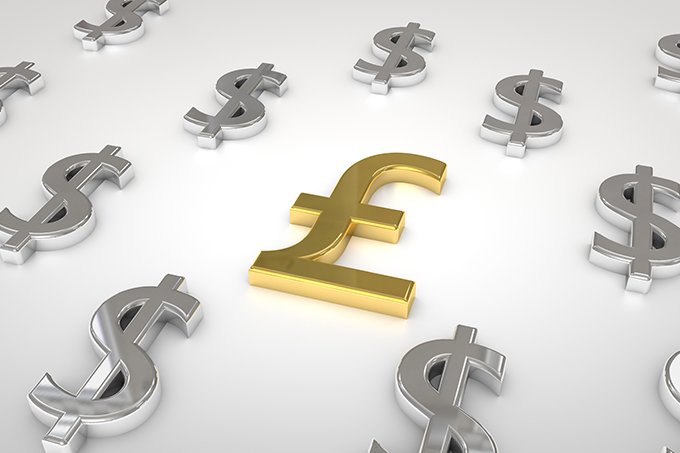 IHS Markit's UK Construction PMI went up to 48.4 last month, after being at 44.4 in December, showing a slower pace of contraction and a recovering sector.
IHS Markit's UK Construction PMI went up to 48.4 last month, after being at 44.4 in December, showing a slower pace of contraction and a recovering sector.
The figure shows how both home building and commercial activity related to the sector went down at a slower pace from the previous month, which registered the slowest figure since May last year.
The Pound Sterling markets reacted positively to the UK's exit from the European Union as well as the Bank of England's latest decision to leave the cash rates unchanged as well as signaling their optimism regarding the economy. However, at the beginning of February, the Pound began to give up its gains as both the UK and the EU signaled the beginning of very difficult trade talks whose outcome could be disastrous for the United Kingdom's economy.
"A renewed focus on Brexit should keep GBP from making new highs and the level of long GBP positioning encourages us to expect a further fall in the pound in the short term," explained an FX Strategist at Nomura International.
On Monday, the Pound Sterling lost territory against the dollar, falling 1.40 percent. Conversely, it went down against the Euro, the Australian Dollar, and the Japanese Yen by 1.16, 1.36 and 1.34 percent respectively. The European Union chief negotiator Michael Barnier's comments may be behind the reaction of the markets, as he highlighted that reaching a beneficial trade deal for both parts (that would imply zero tariffs and zero quotas on all goods) depends on the UK's willingness to comply with the EU social, environmental, labor, taxation, and state-aid standards.
“We are in favor of free trade but we are not going to be naive,” said Barnier.
Britain's Prime Minister Boris Johnson called for a Canada-style trade deal highlighting that the UK doesn't need to follow the European Union's standards.
“There is no need for a free trade agreement to involve accepting EU rules on competition policy, subsidies, social protection, the environment or anything similar, any more than the EU should be obliged to accept U.K. rules,” said Johnson.
It's still not clear what's going to come out of the next 11 months, and it's very likely that this fact will weigh on the Pound Sterling market.
Pound markets experienced an overall positive reaction after the construction PMI figures release. By 10:45 GMT the Pound went up by 0.12 percent against the US dollar, at 1.3008. It gained 0.45 percent against the Japanese Yen, at 141.83, while climbing 0.20 percent against the Euro at 1.1770. On the other hand, it went down against the Australian Dollar by 0.13 percent, at 1.9388.
